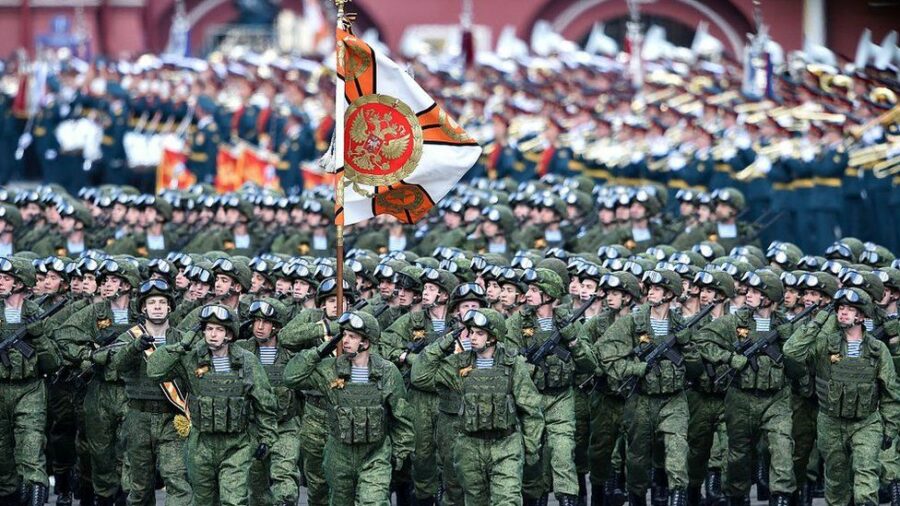As many as 150 journalists have reportedly fled Russia recently, following the implementation of a new law that punishes the publication of “knowingly fake information” in the country, amidst the ongoing invasion of Ukraine.
On Friday, Russian President Vladmir Putin signed a new law, according to which anyone who “intentionally” writes or spreads “false” or “fake” news will face imprisonment of up to 15 years. Among other things, the Kremlin reportedly objects to calling the ongoing conflict with Ukraine an “invasion” or a “war,” and instead wants it to be referred to as a “special military operation.” Authorities have blocked independent news websites that go against these directions or forced them to delete the offending articles. Novaya Gazeta, a Russian newspaper, shared a list of local media websites blocked by the government.
Following the passing of the ‘fake news’ law, nearly all journalists in Meduza’s Moscow newsroom as well as those from the television channel Dozhd, radio station Ekho Moskvy, and the newspaper Novaya Gazeta are believed to have fled Russia.
Ahead of passing the law, on Wednesday, members of the independent television channel Dozhd aka TV Rain resigned live on air, signing off with the message, “No war.” They also played the video of the ballet Swan Lake, mirroring what was done by the channels of erstwhile USSR upon its collapse.
That same day, Russia’s prosecutor general’s office restricted access to TV Rain and the independent radio station Ekho Moskvy, for allegedly urging people to take part in illegal protests and disseminating lies about Russia’s military operation.
Russian chess grandmaster and chairman of the non-profit Human Rights Foundation, Garry Kasparov wrote on Twitter that the shutting down of Ekho Moskvy and Dozhd, “the most prominent of the few Russian outlets allowed to be critical of the Kremlin,” pointed to Putin’s increasing “news blackout to prepare for more atrocities in Ukraine.”
After the passing of Kremlin’s ‘fake news’ law, several international media organisations, including the BBC, CBC, CNN, CBS News, and ABC News, announced that they would be temporarily suspending reporting in Russia, to protect their journalists from the media crackdown.
“Most of the employees of the BBC‘s Russian service (at least 15 people), Bloomberg and [US-funded RFE/RL] left Russia,” wrote the Russian news website Agentsvo, which said it interviewed 17 newsrooms for its report.
On Saturday, Dozhd journalist Mikhail Fishman was denied entry by authorities at Georgia’s Tbilisi International airport, after he flew to the country to be with his family, as per the Commitee to Protect Journalists (CPJ).
Following this, on Monday, the CPJ urged countries around the world to give refuge to independent Russian journalists who are “fleeing prosecution.”
“With independent journalists in Russia fleeing from an unprecedented number of threats, it is time for the international community to step up and offer them refuge,” said CPJ Europe and Central Asia Program Coordinator Gulnoza Said.
Recommended
Update: BBC has resumed broadcast in Russia on Tuesday after taking into consideration the implications of the ‘fake news’ law alongside the urgent need to report from inside the country, the broadcaster announced. In a statement, the BBC said, “After careful deliberation, we have decided to resume English language reporting from Russia this evening (Tuesday, March 8), after it was temporarily suspended at the end of last week.”
However, on the same day, The New York Times said that it was temporarily removing its journalists from Russia due to the same law. “Russia’s new legislation seeks to criminalise independent, accurate news reporting about the war against Ukraine. For the safety and security of our editorial staff working in the region, we are moving them out of the country for now,” a spokesperson said in a statement.



